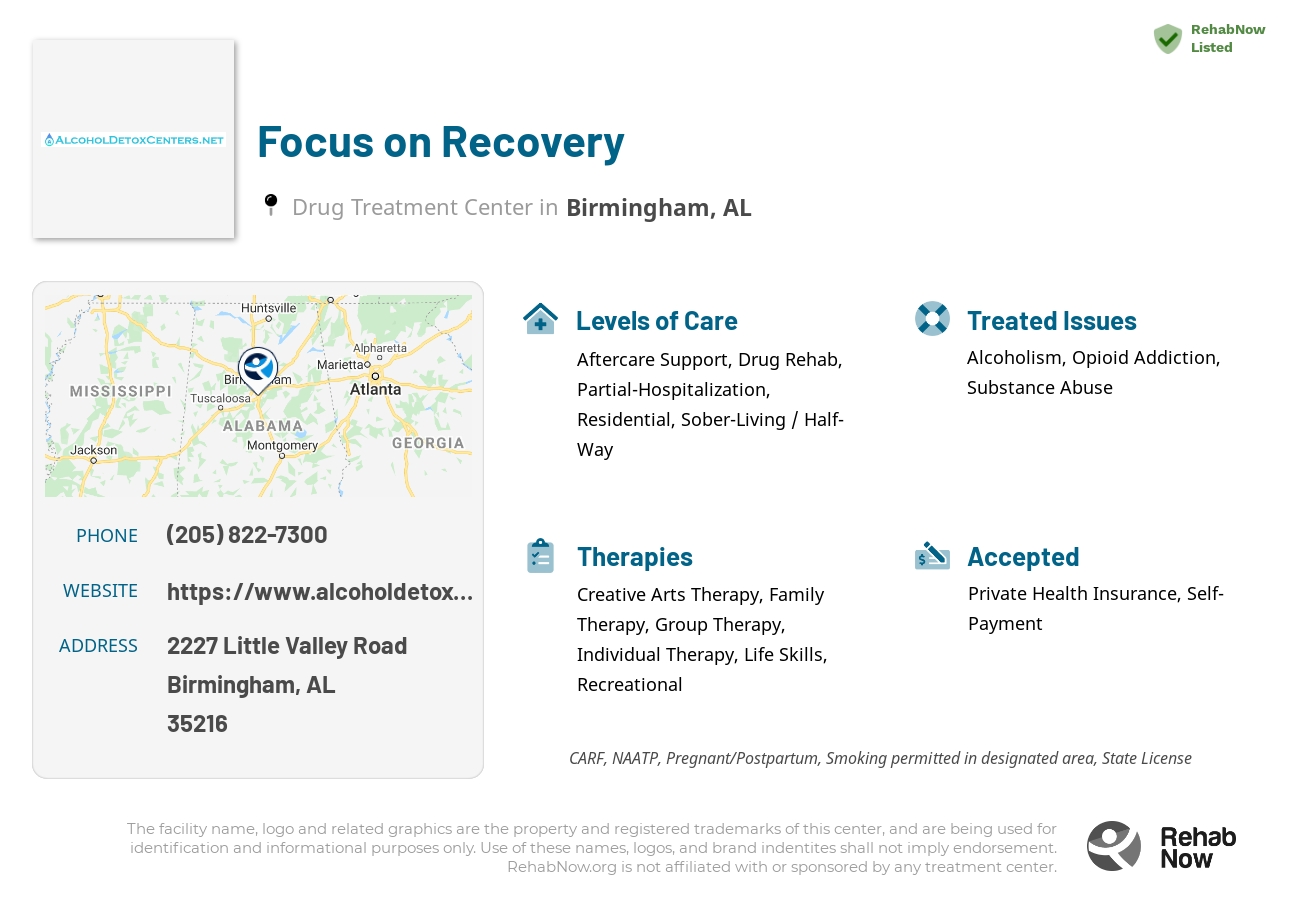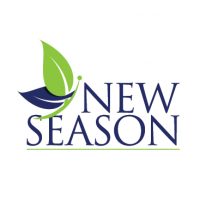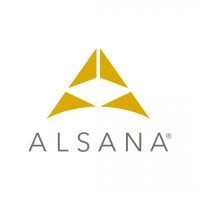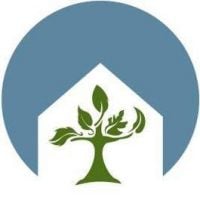
Focus on Recovery
Drug Rehab Center in Birmingham, Alabama
- Substance Abuse
- Opioid Addiction
- Drug Addiction
- Alcoholism
Focus on Recovery is an addiction treatment facility in Birmingham that offers evidence-based, personalized services to help clients recover and heal from addiction, including specialized therapies and a Partial Hospitalization Program.
About This Alabama Facility
Focus on Recovery in Birmingham, Alabama is a 32 bed addiction treatment facility that opened in 2020. The facility offers a variety of services for the treatment of substance abuse and addiction, including aftercare support, drug rehab, partial-hospitalization, residential, and sober-living or half-way levels of care. Focus on Recovery accepts private health insurance, and is dedicated to providing quality, evidence-based treatment for those suffering from alcoholism, opioid addiction, and other forms of substance abuse.
Focus on Recovery offers a comprehensive range of addiction and substance abuse services, from assessment and diagnosis to individual therapy, group counseling and holistic approaches such as yoga and recreation. The facility is licensed and accredited by the Joint Commission, the nation’s premier accrediting body for health care organizations, ensuring their commitment to providing quality, safe, evidence-based care to their clients. Focus on Recovery also offers relapse prevention and aftercare services to help ensure continued sobriety and a successful transition back into the community.
Genders
Ages
Modality
Additional
Conditions and Issues Treated
A drug abuser needs help because if no one helps them, they will not leave their vicious circle.
People who abuse drugs are likely to suffer from an addiction, which can cause serious health problems. It can also cause quarrels with people around them. It is common for drug abusers to have difficulty holding down jobs or relationships, but sometimes people around them can be quite tolerant. There are cases where the families of the drug abusers do not want to see them get any help, and the subject becomes controversial.
When it comes to helping drug abusers get sober, there are many options to choose from. It is essential to state that there is no “correct” way of doing things. People are different, and they need different types of help to get over their addiction.
Opioid addiction treatment should be done in a medically supervised drug rehab. Opioid addiction treatment will include detoxification and drug rehab counseling to help both the user and their loved ones learn how to live a successful sober lifestyle. Methadone, buprenorphine, and naltrexone are three medications that can help treat opioid addiction. Individual drug rehab counseling sessions can be helpful to discuss any questions or concerns with the drug treatment program.
Levels of Care Offered at Focus on Recovery
This center offers a variety of custom treatment tailored to individual recovery. Currently available are Aftercare Support, Drug Rehab, Partial-Hospitalization, Residential, Sober-Living / Half-Way, with additional therapies available as listed below.
Partial Hospitalization Program is when a person in rehab takes part in regular treatment sessions, at least five days per week (and sometimes six), during all or most hours of the day, at Focus on Recovery. These programs vary in length, but they can last anywhere from one month to three months—or longer.
This is done through the use of a method called “therapeutic community.” PHPs are very intense, and they are best for individuals who have completed a successful, medically supervised withdrawal.
Sober Living Homes are used in drug rehab to help former addicts maintain sobriety. The staff provides the residents with a safe and supportive living environment to learn how to live a sober life. The staff members also provide the residents with resources to equip themselves better to live a sober life. They also provide them with opportunities for exercise, many of which encourage learning coping mechanisms that will be helpful later on.
Residential treatment programs are those that offer housing and meals in addition to substance abuse treatment. Rehab facilities that offer residential treatment allow patients to focus solely on recovery, in an environment totally separate from their lives. Some rehab centers specialize in short-term residential treatment (a few days to a week or two), while others solely provide treatment on a long-term basis (several weeks to months). Some offer both, and tailor treatment to the patient’s individual requirements.
Aftercare is a part of drug rehabilitation. It is also known as “post-treatment support.” Aftercare programs are available for addicts after they complete drug rehab. It is often the final step in the recovery process. The goal of aftercare is to ensure that addicts maintain their achievements in rehab and do not relapse. Professionals generally provide aftercare (including addiction therapists, physicians, social workers, psychologists) and involve individual and group therapy sessions.
Therapies & Programs
Individual therapy is a critical component of addiction recovery. It allows the patients to go deep into their core issues and discover how to handle those problems better. Therapy can be conducted in individual sessions as well as group settings. In individual therapy for addiction, the patient meets with their therapist one-on-one to focus on the underlying issues. This allows patients to open up and discuss personal topics they may not feel comfortable discussing in a group setting. This type of therapy can help develop solutions specific to each patient, which helps speed up the recovery process.
Family therapy is a crucial part of drug treatment and getting sober. It is one of the most effective ways to help addicts stay on the path to long-term sobriety. When a drug addict decides that they want to try and get sober, it takes the support of every person they love to succeed. It can be incredibly difficult for loved ones to watch an addict go through the pain and suffering of withdrawal, but by being there with them and supporting them, they can help to make sure that the addiction never returns.
One of the most important parts of family therapy is the relapse prevention plan. During treatment, therapists and doctors will often sit down with the addict and their family to develop a plan in case the addict ever feels like they want to use again. This plan should involve steps the addict and family can take together to prevent them from relapsing in the future. An addict’s family can play a vital part in helping them to avoid relapse because they can spot the warning signs and help them get back on track before it becomes too much of a problem.
Group therapy helps prevent addicts from feeling isolated or unique in their situation by offering a sense of comfort and fellowship. It also creates a forum for addicts to build their support systems and learn from each other. The group therapy sessions at Focus on Recovery occur in a group setting rather than one-on-one to create a safer, controlled environment where addicts feel comfortable.
The best drug treatment centers offer various services to help addicts learn how to live without drugs. Since addiction is a chronic physical and mental illness, addicts need to learn as many life skills as possible to help them stay clean and sober.
Many drug treatment centers like Focus on Recovery offer life skills activities as part of their addiction recovery programs. Examples include cooking classes, employment training, resume writing seminars, parenting classes, and computer training. When addicts have various life skills to lean on, they’re better equipped to put their addiction behind them for good.
The primary goal of life skills activities at drug treatment centers like Focus on Recovery is to help addicts recover from addiction and learn how to live a useful, productive life. Life skills activities help addicts find employment, take care of their families, and give back to the community. After learning about these various life skills, addicts are better prepared to return to society and lead happy healthy lives.
Payment Options Accepted
For specific insurance or payment methods please contact us.
Is your insurance accepted?
Ask an expert, call (888) 674-0062
Additional Details
Specifics, location, and helpful extra information.
Birmingham, Alabama 35216 Phone Number(205) 822-7300 Meta DetailsUpdated November 25, 2023
Staff Verified
Patient Reviews
There are no reviews yet. Be the first one to write one.
Birmingham, Alabama Addiction Information
Opioids, such as heroin, fentanyl, and prescription opioids are related to more than half of all drug-related overdoses in Alabama. Alcohol is the most frequently used substance in Alabama; 85,000 Alabamians use cocaine every single year. In Alabama, there are four times as many vehicle crashes involving alcohol as there are normal vehicle crashes.
Birmingham, Alabama has a moderate level of drug addiction and abuse problems. 15.8% of people in Birmingham, Alabama abuse drugs, while 9.8% of people in Birmingham, Alabama are addicted to drugs. In 2015, there were 648 drug-related arrests in Birmingham. The most common age group for drug-related arrests is 21-25 years old. Most rehab facilities will offer a variety of therapies and treatments to help patients overcome their addictions.
Treatment in Nearby Cities
- Rogersville, AL (101.9 mi.)
- Valhermoso Springs, AL (75.8 mi.)
- Eufaula, AL (142.6 mi.)
- Sylvania, AL (97.9 mi.)
- Butler, AL (123.1 mi.)
Centers near Focus on Recovery
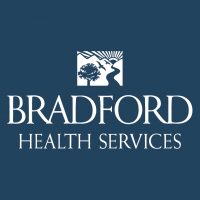
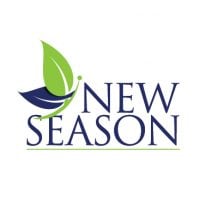

The facility name, logo and brand are the property and registered trademarks of Focus on Recovery, and are being used for identification and informational purposes only. Use of these names, logos and brands shall not imply endorsement. RehabNow.org is not affiliated with or sponsored by Focus on Recovery.

